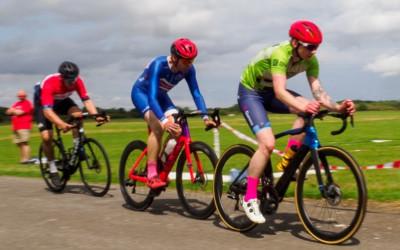Spotlight on OU Research at 50
October 2019 is the month that we will celebrate OU Research at 50.
Throughout the month, we will share examples of our research excellence on our OU Twitter account, all of which will culminate in the OU Research Excellence Awards 2019 on Wednesday 23 October. Engage with us by linking to our Twitter account and using #OUResearch and #OU50.
OU Research at 50 Exhibition
Our Exhibition: OU Research at 50 provides an overview celebrating 50 years of research at The Open University.
Watch some of the highlights from OU Research over the last 50 years.

#OUResearch - the last 50 years
Find out about some key people who made contributions to research at the OU over the last 50 years, as well as some of the pivotal moments.

#OUResearch - the next 50 years
The future of policing, the rise of extremism, the possibility of living in outer space and of having virtual carers in later life, are all areas that OU research investigates.
Read our Spotlight on Research that is shaping the next 50 years
Our future research talent
A key focus of the future of OU research is its PhD students. Our Graduate School encompasses a community of around 900 postgraduate research students: some on campus in Milton Keynes and others around the globe and linked through the Affiliated Research Centre programme.
In the Postgraduate Research Experience Survey 2019, the OU was in the top quartile for student satisfaction.
Contact our news team
For all out of hours enquiries, please telephone +44 (0)7901 515891
Contact detailsNews & articles

OU study: Transplant athletes match elite performance
A new study led by The Open University’s Professor Bart Rienties, and to be published in Progress in Transplantation in December, reveals that high-intensity transplant athletes can not only meet but greatly exceed existing physical activity guidelines.
Learn more about our research
Visit our faculty websites to explore our research further.
